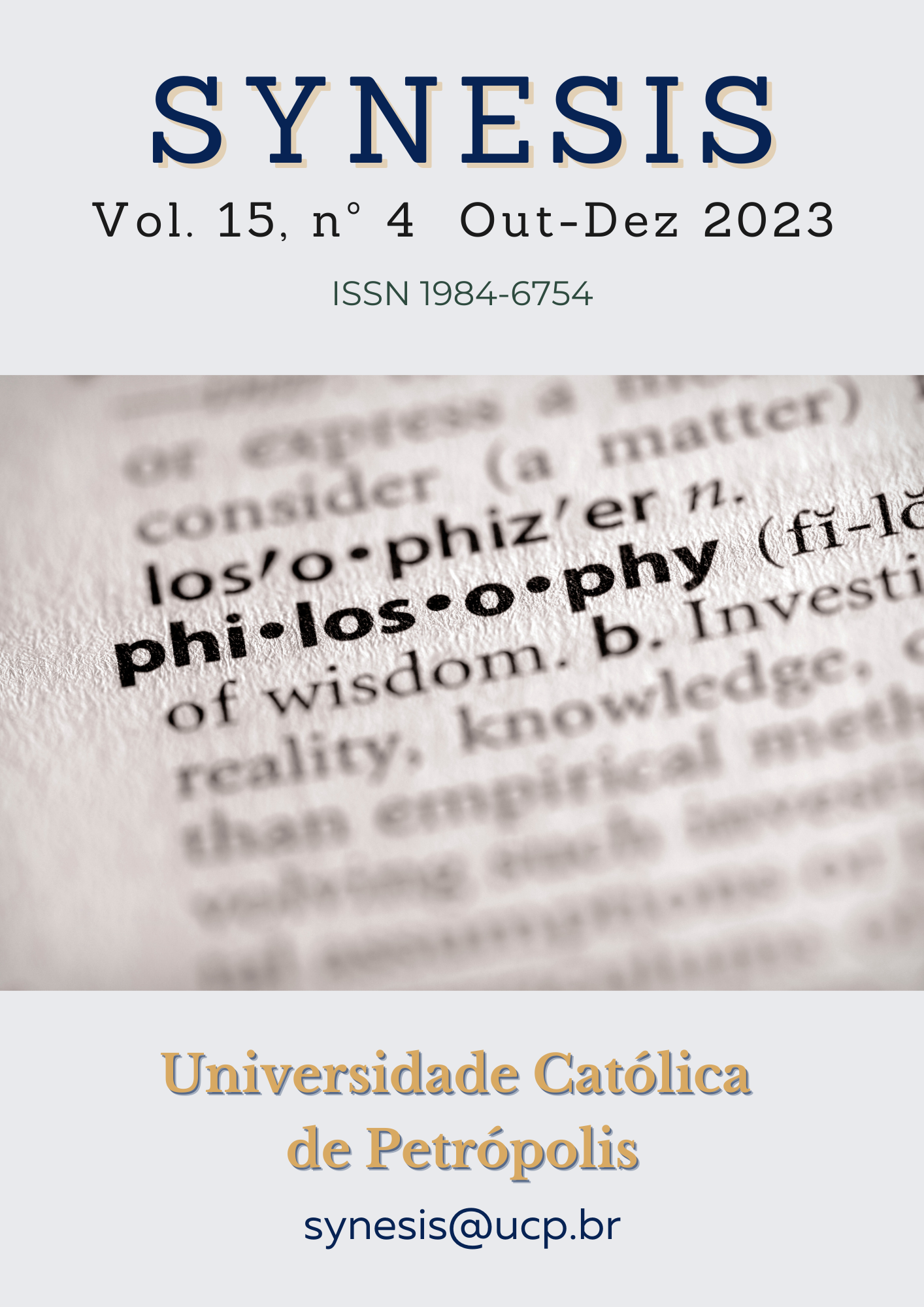Abstract
Student self-evaluation is an essential process for the development and improvement of academic education. It enables students to acquire knowledge about their own abilities, processes and products and contributes to the improvement of their learning. Despite the potential of self-assessment to benefit students, it can be conducted in ways that reduce or compromise its benefits. Leaving the student on their own, without any support in self-assessment, is a conduct that compromises the benefits of self-assessment. In turn, the presence of support alone does not guarantee its quality. This support needs to focus on the learning processes, but current pedagogical practice very rarely addresses these processes. In this context, learner self-assessment can become appropriate if categories of analysis about process types are taught in the classroom. Some psychoeducational materials can act as appropriate tools to generate good quality self-assessment by allowing learning processes to be presented to students. The Approach-in-Process Test Version 2 has this characteristic. In this paper, we show that the test achieves four defining criteria of good quality learner self-assessment: (1) objective parameters, (2) external feedback based on the active subject, (3) self-assessment based on an objective product, and (4) calibration of the self-assessment. It can be used by secondary and higher education teachers who aim to work on self-assessment with their students.
References
ANDRADE, H. L. A Critical Review of Research on Student Self-Assessment. Frontiers in Education, Albany, NY, v. 4, n. 27, 2019. https://doi.org/10.3389/feduc.2019.00087
CSIKSZENTMIHALYI, M. Applications of Flow in Human Development and Education. Claremont, CA: Springe, 2014.
DEMBO, M. H.; SELI, H. (2016). Motivation and Learning Strategies for College Success. New York: Routledge.
FREUND, P. A., & KASTEN, N. How smart do you think you are? A meta-analysis on the validity of self-estimates of cognitive ability. Psychological Bulletin, Baltimore, Maryland, v. 138, n. 2, p. 296-321, 2012. https://doi.org/10.1037/a0026556
GEHRINGER, E. F. (2017, June). Self-assessment to improve learning and evaluation [Paper presentation]. ASEE Annual Conference & Exposition, Columbus, United States https://peer.asee.org/self-assessment-to-improve-learning-and-evaluation
GOMES, C. M. A. Feuerstein e a construção mediada do conhecimento. Porto Alegre: Artmed Editora, 2002.
GOMES, C. M. A. Apostando no desenvolvimento da inteligência; em busca de um novo currículo educacional para o desenvolvimento do pensamento humano. Rio de Janeiro: Lamparina, 2007a.
GOMES, C. M. A. Softwares educacionais podem ser instrumentos psicológicos. Psicologia Escolar e Educacional, 2007b, Maringá, Paraná, v.11, n. 2. https://doi.org/10.1590/S1413-85572007000200016
GOMES, C. M. A., JELIHOVSCHI, E., & ARAUJO, J. Presentation of the Approach-In-Process Test (version 2). European Journal of Education and Pedagogy, Hoboken, New Jersey, v.3, n.4 2022. https://doi.org/10.24018/ejedu.2022.3.4.402
PANADERO, E., JONSSON, A., & BOTELLA, J. Effects of self-assessment on self-regulated learning and self-efficacy: Four meta-analyses. Educational Research Review, v.22, p. 7, 4-98, 2017. https://doi.org/10.1016/j.edurev.2017.08.004
PERRY, J. LUNDIE, D., & GOLDER, G. Metacognition in schools: what does the literature suggest about the effectiveness of teaching metacognition in schools? Educational Review, v.7, n.4, p. 483-500, 2019, https://doi.org/10.1080/00131911.2018.1441127
YAN, Z. Self-assessment in the process of self-regulated learning and its relationship with academic achievement. Assessment and Evaluation in Higher Education, v.45, n. 2, p.224-238, 2019. https://doi.org/10.1080/02602938.2019.1629390
YAN, Z., & BROWN, G. T. L. A cyclical self-assessment process: towards a model of how students engage in self-assessment. Assessment and Evaluation in Higher Education, London, v.42, n.8, p.1247-1262, 2017. https://doi.org/10.1080/02602938.2016.1260091
YAN, Z., WANG, X., BOUD, D., & LAO, H. The effect of self-assessment on academic performance and the role of explicitness: a meta-analysis. Assessment and Evaluation in Higher Education, v.48, n.1, p. 1-15, 2023. https://doi.org/10.1080/02602938.2021.2012644

This work is licensed under a Creative Commons Attribution-NonCommercial-NoDerivatives 4.0 International License.
Copyright (c) 2023 Synesis (ISSN 1984-6754)

